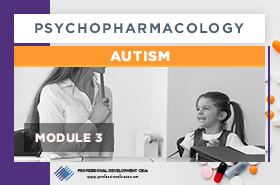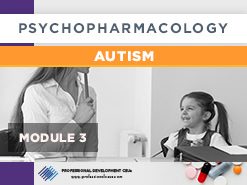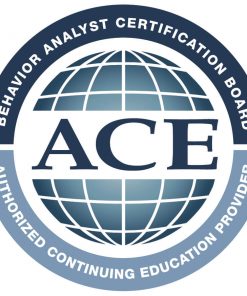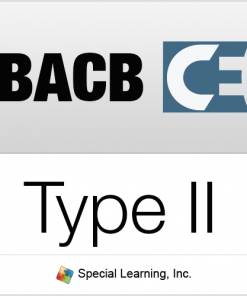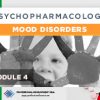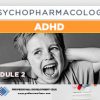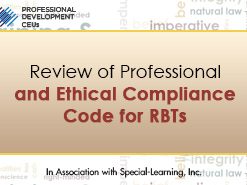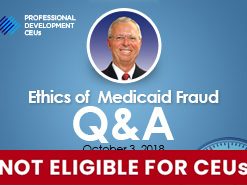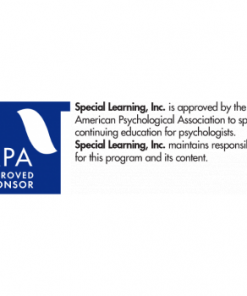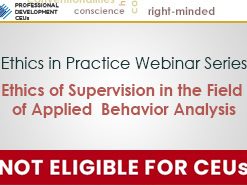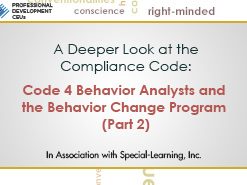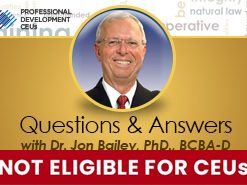Psychopharmacology Webinar Series Module 3: Psychopharmacology and Autism (Recorded)
$79.00
Today, 2.8 % of children in the United States are diagnosed with Autism Spectrum Disorder (ASD).
This diagnosis can impact a child’s ability to learn, develop friendships, and healthy family relationships, and is associated with increased anxiety, obsessive and compulsive thoughts and behaviors, and common concurrent diagnoses of Attention Deficit Disorders, mood disorders, and behavioral problems. Research has uncovered effective treatment strategies, including behavioral, environmental, educational, parental, and psychopharmacological approaches. In our webinar, Psychopharmacology, and ASD, we focused on evidence-based assessment, diagnosis, and treatment of ASD, emphasizing behavioral, environmental, educational, parental, and psychopharmacological strategies. Research has shown year after year that the combination of strategies using a team approach has been the most effective in reaching positive treatment outcomes. We also discussed and dispel myths surrounding ASD and discuss the negative outcomes if a child is left untreated. We also explore how ASD is often diagnosed along with other disorders, including learning disabilities and developmental delays, social anxiety, generalized anxiety, mood disorders, ADHD, Obsessive-Compulsive disorders, intermittent explosive outbursts, and depression.

